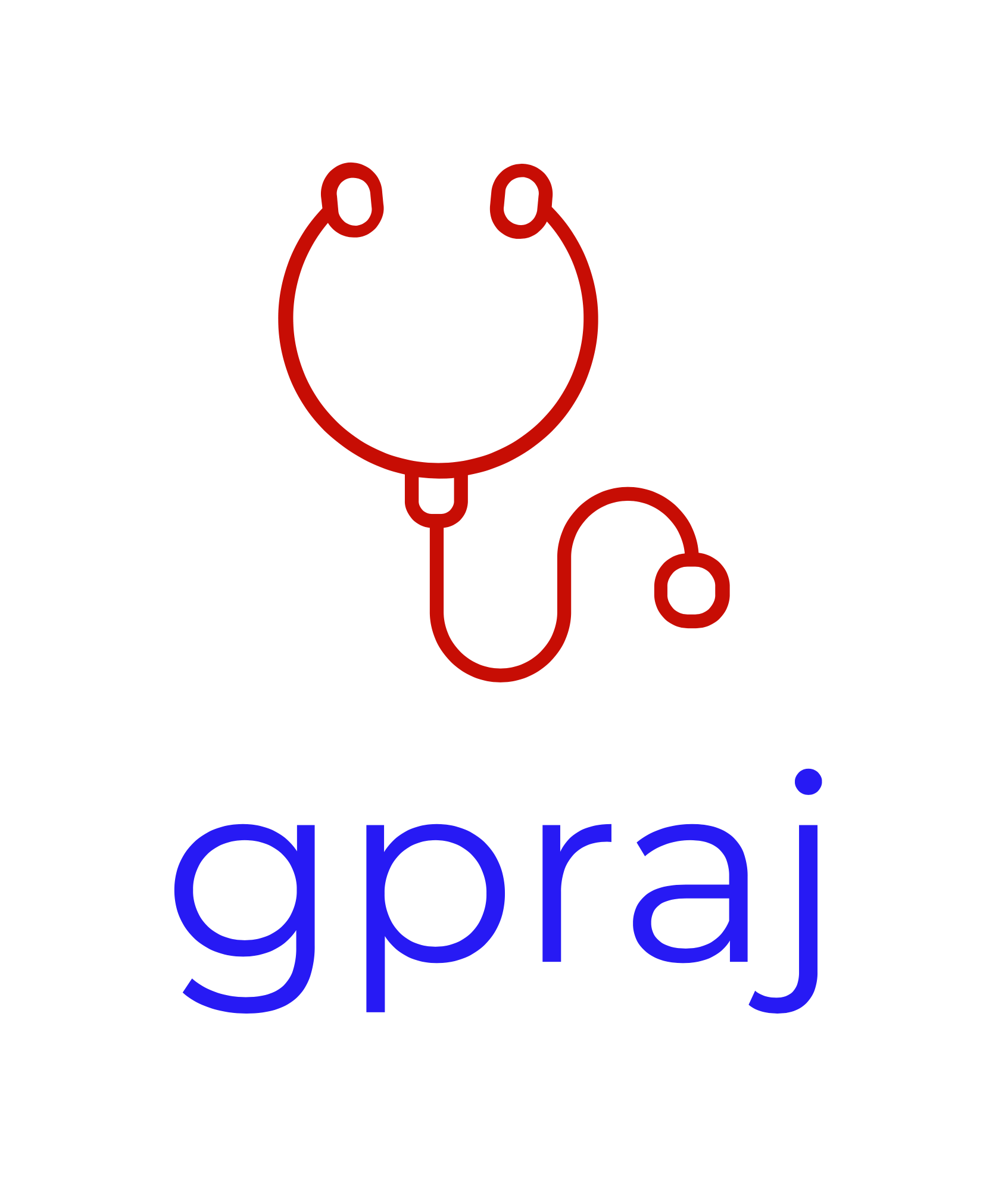Depression
CKS Depression
History
‘Major’ symptoms
1. Low mood, hopelessness
2. Anhedonia
‘Minor’ symptoms
1. Altered sleep, appetite and weight
2. Fatigue, poor concentration
3. Feelings of worthlessness or guilt
Other History
Previous episodes of depression: triggers, outcomes of treatment
Co-existent mental health disorders: anxiety, alcohol or substance misuse, BAD, schizophrenia
Co-existent medical disorders: Cardio-metabolic conditions (cautions/contraindications for SSRIs, SNRIs, TCAs)
Family history of mental illness (depression, BAD, schizophrenia)
Social history:
Quality of interpersonal relationships (partner, children and/or parents.)
Living conditions, social support, employment and/or financial worries
Smoking
Alcohol
Drugs and substance misuse
Priorities (Agendas, ICE, PSO)
Severity of depression
Risk of suicide
Safeguarding concerns
Functional impairment, including effect upon co-existent chronic disorders
Identifying triggers
Red Flags
Self-harm
Suicidal Ideation, plans
Suicide prior attempts
Recently started anti-depressants
History of substance or alcohol abuse
[Explore suicide protective factors]
Examination
Mental State Examination
Differential diagnosis
Adjustment disorder, Grief reaction (usually person is NOT anhedonic)
Dementia
Bipolar depression
Schizo-affective disorder
Carbon monoxide poisoning
Substance misuse
Adverse drug effects: methyldopa, propranolol, CNS depressants, opioids, isotretinoin.
Hypothyroidism
Investigations
Consider general blood screen, TFTs
Treatment
High suicide risk: Emergency referral to local Mental Health Services
Manage co-morbidities: such as alcohol or substance abuse, anxiety, psychotic symptoms, eating disorders, dementia
Psychological interventions
Self-help, computerized cognitive behavioural therapy (CBT)
IAPT (Improving Access to Psychological Therapies): individual CBT or group programme
Sleep hygiene advice
Antidepressants
A small increase in the risk of suicidal thoughts at treatment initiation
Explain toxicity in overdose.
Explain that antidepressants take 2-4 weeks to work
Aim to continue for at least 6 months after symptom cessation (to reduce relapse)
If stopping antidepressants, wean down gradually over 4 weeks to reduce the risk of discontinuation symptoms (such as dizziness, nausea, paraesthesia, anxiety, diarrhoea, flu-like symptoms, and headache).
Choice of antidepressants
1st episode: SSRI sertraline, paroxetine
Recurrent episode: select an antidepressant that has previously elicited a good response
Safety-netting and Follow-up
If mental health deteriorates or develops thoughts about self-harm/suicide, then contact emergency mental health services or ring NHS 111.
Review in 1 week if patient age<30y who have been started on an antidepressant.
Review in 2 weeks for other people.
Arrange subsequent reviews every 2–4 weeks
